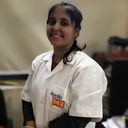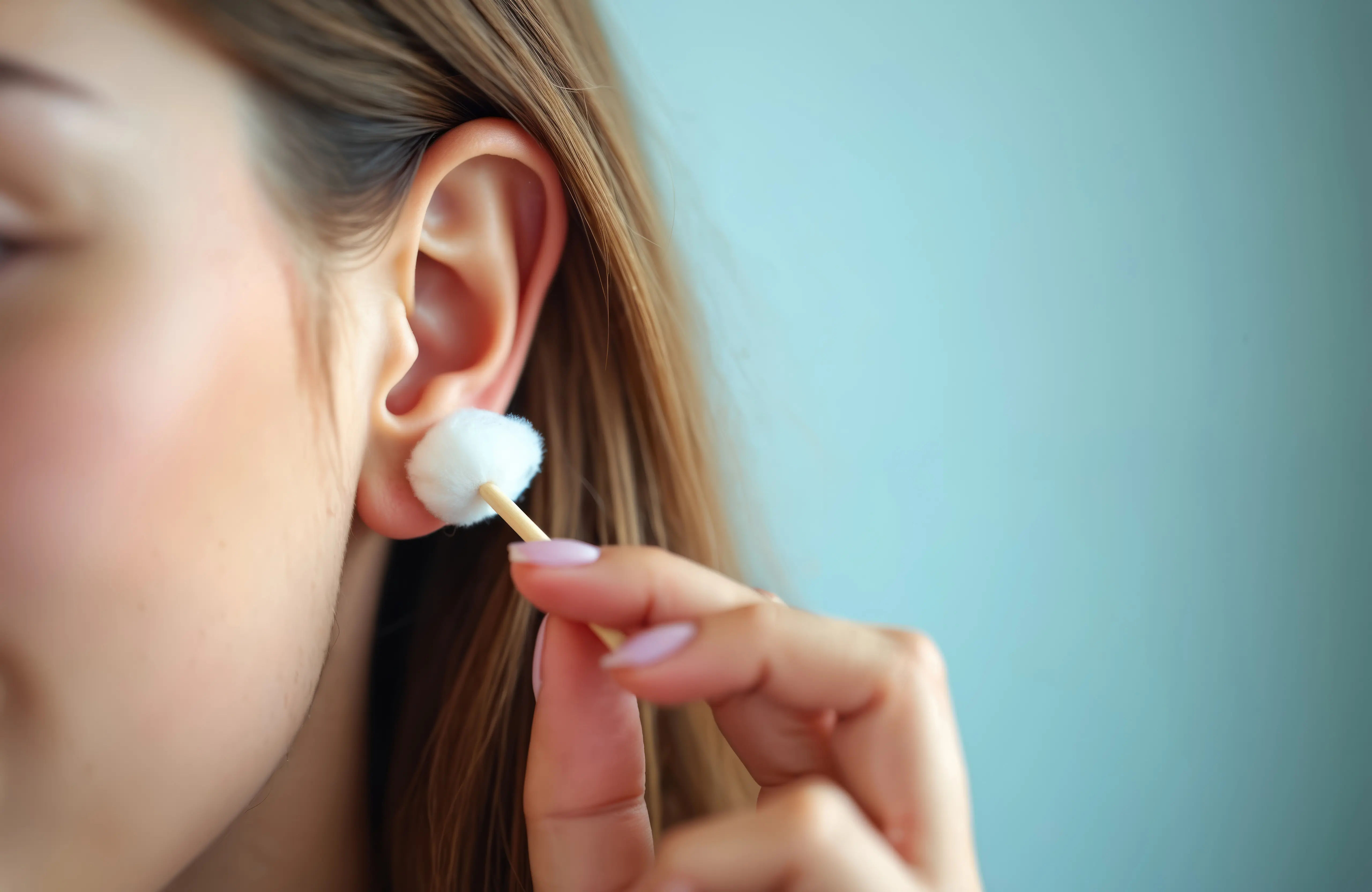Guide to Dental Hygiene Dos And Donts Teeth Ing Out Basics
Master the essentials of dental hygiene with our comprehensive guide. Learn the do's and don'ts of brushing, flossing, and professional care to maintain a healthy smile for life.


Introduction
Your smile is often the first thing people notice, but dental hygiene is about far more than just aesthetics. It's a critical component of your overall health and well-being. Poor oral health has been linked to serious conditions like heart disease, diabetes, and respiratory infections. Yet, many of us stick to outdated habits or skip crucial steps in our daily routine. This comprehensive guide cuts through the confusion to give you a clear, actionable plan for exceptional oral care. We'll walk you through the essential dos and don'ts, break down the basics of effective brushing and flossing, and explain how your daily choices impact your long-term health. Whether you're looking to correct a bad habit or simply optimize your routine, this guide will equip you with the knowledge to achieve a healthier, brighter smile that lasts a lifetime.
Why Dental Hygiene is More Than Just a Pretty Smile?
We often think of dental hygiene in terms of avoiding cavities and having white teeth. However, your mouth is a window to the rest of your body. It’s teeming with bacteria—most harmless, but some not. Without proper oral care, these bacteria can reach levels that might lead to oral infections, tooth decay, and gum disease.
Research has consistently shown a strong connection between oral health and systemic diseases. For example, periodontitis (severe gum disease) is linked to premature birth and low birth weight. Similarly, inflammation and infections caused by oral bacteria have been associated with endocarditis (an infection of the inner lining of your heart) and cardiovascular disease. By maintaining good oral health, you're not just investing in your teeth; you're taking a proactive step toward protecting your entire body.
The Daily Dos: Your Non-Negotiable Oral Care Routine
A solid routine is the bedrock of healthy teeth. Consistency is key.
Mastering the Art of Brushing Your Teeth
It’s not just about scrubbing hard. Technique matters. The American Dental Association (ADA) recommends brushing twice a day for two minutes each time.
Angle your brush: Hold your toothbrush at a 45-degree angle to your gums.
Gentle motions: Use short, gentle back-and-forth strokes. Avoid aggressive sawing.
Cover all surfaces: Brush the outer, inner, and chewing surfaces of every tooth.
Don't forget the fronts: To clean the inside surfaces of your front teeth, tilt the brush vertically and make several up-and-down strokes.
Choosing Your Weapon: Picking the Right Toothbrush and Toothpaste
Your tools make a difference. For most adults, a soft-bristled toothbrush is ideal—it’s effective at cleaning while being gentle on enamel and gums. Whether you choose manual or electric is a matter of preference; electric brushes can be more effective at reducing plaque for those who struggle with manual technique.
When it comes to toothpaste, the most important ingredient is fluoride. This natural mineral is a champion in the fight against tooth decay. It strengthens tooth enamel and can even reverse early signs of decay.
Consult Top Specialists
The Step Most People Skip: Why Flossing is Non-Negotiable
How to floss teeth correctly is a common question. Brushing alone only cleans about 60% of your tooth surfaces. Flossing gets into the tight spaces between teeth and under the gumline, areas where a brush can't reach. To floss effectively:
Use about 18 inches of floss, winding most around each middle finger.
Gently guide the floss between teeth using a rubbing motion.
Curve the floss into a "C" shape against one tooth and slide it under the gum line.
Move the floss up and down, repeating for each tooth, including the back sides of your last molars.
Don't Forget Your Tongue: The Gateway to Fresher Breath
Plaque and bacteria don’t just live on your teeth; they also coat your tongue. This can lead to bad breath and negatively impact your overall oral health. Gently brush your tongue with your toothbrush after brushing your teeth, or use a dedicated tongue scraper for a more thorough clean.
The Final Rinse: Is Mouthwash Necessary?
While not a replacement for brushing and flossing, therapeutic mouthwash can be a valuable addition. It can help reduce plaque, prevent or reduce gingivitis, reduce the speed at which tartar forms, and freshen breath. Look for an ADA-accepted therapeutic mouthwash with fluoride. Cosmetic mouthwashes primarily just mask bad breath.
The Common Don'ts: Habits That Harm Your Teeth
Knowing what to avoid is just as important as knowing what to do.
Sugary and Acidic Foods: The Worst Offenders
Bacteria in your mouth thrive on sugar, producing acids that attack your enamel and lead to cavities. Sticky candies, soda, and even fruit juices are major culprits. Acidic foods and drinks, like citrus and wine, can also erode enamel. Enjoy these in moderation and rinse your mouth with water afterward.
The Dangers of Using Your Teeth as Tools
Your teeth are for eating, not for opening bottles, tearing packaging, or cracking nuts. Using them as tools can lead to chips, cracks, or even a fractured tooth, resulting in an expensive dental emergency.
Avoiding Over-Brushing and Hard Bristles
Brushing too hard or using a hard-bristled brush can wear down your enamel and irritate your gums, leading to sensitive teeth and gum recession. Use a soft touch and a soft-bristled brush.
Beyond the Basics: Proactive Practices for Optimal Health
The Role of Diet in Strengthening Your Teeth
A balanced diet is crucial. Calcium-rich foods (cheese, yogurt, leafy greens) and phosphorus (found in eggs, fish, and lean meat) help remineralize teeth. Crunchy fruits and vegetables (like apples and carrots) can help clean teeth and stimulate saliva production, your mouth’s natural defense against acid.
Hydration and Oral Health: The Power of Water
Water is the best beverage for your teeth, especially if it’s fluoridated. It helps wash away food particles and dilutes acids produced by bacteria in your mouth. Sipping water throughout the day is one of the simplest things you can do for your oral health.
When to See a Professional?: The Importance of Dental Check-ups
Even the most meticulous home care needs to be complemented by professional cleanings. How often should you get a dental cleaning? Most people need a visit every six months. Your dentist can remove hardened plaque (tartar) that you can't remove at home, check for early signs of decay and oral cancer, and take X-rays to identify problems not visible to the naked eye.
What to Expect During a Routine Cleaning and Exam?
A typical visit includes a physical exam of your mouth, a professional cleaning (scaling and polishing), and potentially X-rays. Your dentist or hygienist will also discuss your oral hygiene habits and may offer personalized advice. If you notice persistent bleeding gums, pain, or other unusual symptoms, it's crucial to consult a dentist. For convenient access to expert advice, you can consult a doctor online with Apollo24|7 to discuss your symptoms and get a referral if needed.
Quick Takeaways for a Healthier Smile
Brush twice daily for two minutes with a fluoride toothpaste.
Floss at least once a day to clean between teeth.
Limit sugary and acidic foods and drinks.
Drink plenty of water throughout the day.
Use a soft-bristled toothbrush and replace it every 3-4 months.
Don't smoke or use tobacco products, which exacerbate gum disease.
See your dentist for regular check-ups and cleanings.
Conclusion: Your Smile is Worth the Effort
Maintaining excellent dental hygiene is a lifelong commitment that pays incredible dividends. It’s not about perfection, but about building consistent, smart habits that protect your teeth and gums. By following the dos and avoiding the don'ts outlined in this guide, you are taking powerful, proactive steps to prevent pain, avoid costly procedures, and safeguard your overall health. Your smile is one of your greatest assets—nurture it with the care it deserves. Start today by reviewing your routine and making one positive change
Consult Top Specialists
Consult Top Specialists

Dr Aakash Andgi
General Physician/ Internal Medicine Specialist
9 Years • MBBS MD
Bengaluru
Apollo Clinic, JP nagar, Bengaluru

Dr Syed Mateen Pasha
General Physician
2 Years • MBBS
Bengaluru
PRESTIGE SHANTHINIKETAN - SOCIETY CLINIC, Bengaluru

Dr. Ashita Kuruvilla
General Physician/ Internal Medicine Specialist
7 Years • MBBS
East Midnapore
VIVEKANANDA SEBA SADAN, East Midnapore

Dr. Anand Ravi
General Physician
2 Years • MBBS
Bengaluru
PRESTIGE SHANTHINIKETAN - SOCIETY CLINIC, Bengaluru

Dr. Tamal Bhattacharyya
Pulmonology Respiratory Medicine Specialist
8 Years • MBBS, MD (Respiratory Medicine)
Kolkata
MCR SUPER SPECIALITY POLY CLINIC & PATHOLOGY, Kolkata
More articles from General Medical Consultation
Frequently Asked Questions
1. Is an electric toothbrush better than a manual one?
For many people, yes. Electric toothbrushes can be more effective at removing plaque and reducing gingivitis, especially for those with limited dexterity. However, a manual toothbrush used with proper technique is also perfectly effective.
2. How can I prevent cavities naturally?
While no natural method replaces brushing and flossing, a diet low in sugar, rich in calcium and phosphorus, and drinking fluoridated water can significantly strengthen enamel and help prevent cavities naturally.
3. Why do my gums bleed when I floss?
Bleeding gums are usually a sign of inflammation caused by plaque buildup. This is often an early stage of gum disease (gingivitis). Contrary to instinct, you should not stop flossing. Consistent, gentle flossing will remove the plaque causing the inflammation, and the bleeding should stop within a week or two. If it persists, see your dentist.
4. What actually causes bad breath?
Bad breath (halitosis) is most commonly caused by bacteria on the tongue and between the teeth that release sulfur compounds. Other causes can include dry mouth, certain foods, tobacco use, and underlying medical conditions. Good oral hygiene is the first line of defense.
5. How do I deal with sensitive teeth?
Sensitive teeth can be caused by worn enamel or exposed tooth roots. Using a toothpaste designed for sensitivity, avoiding acidic foods, and switching to a soft-bristled brush can help. If sensitivity is severe, it's important to see a dentist to rule out other causes like a cavity or cracked tooth.




